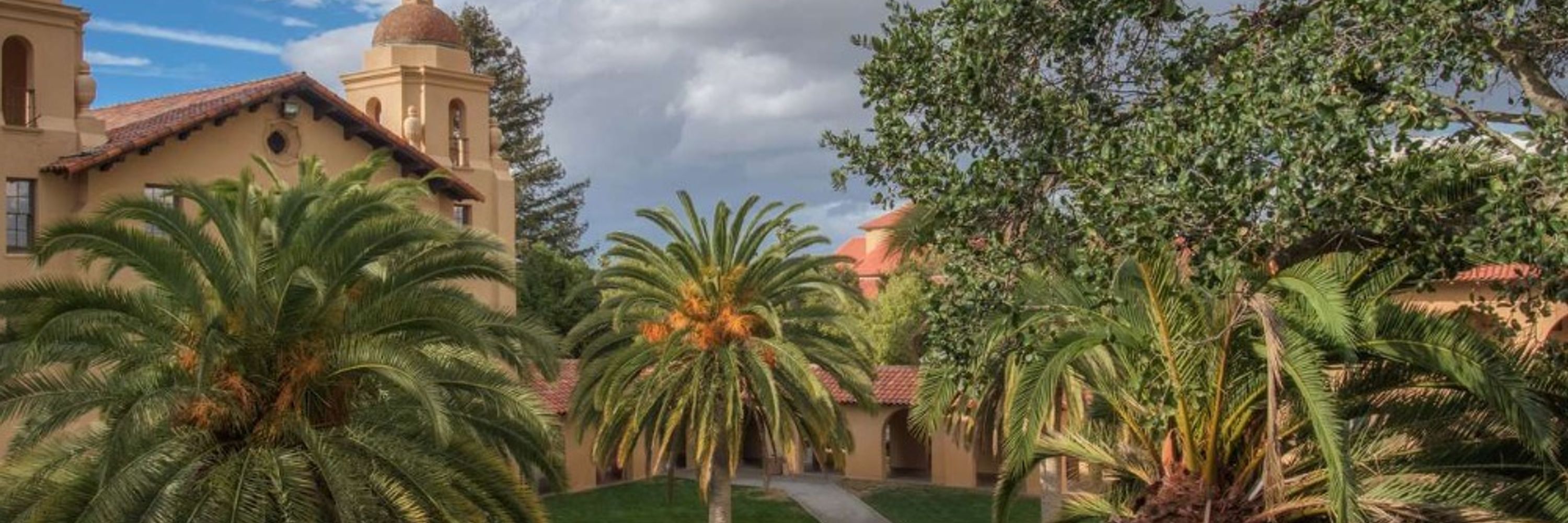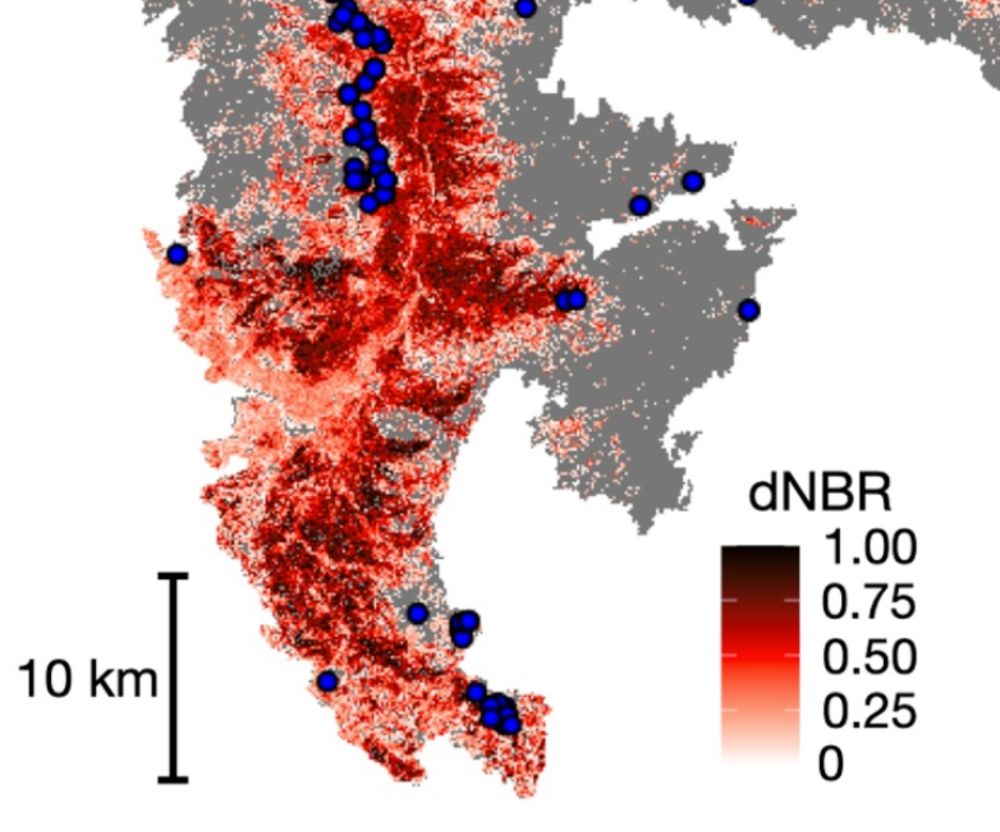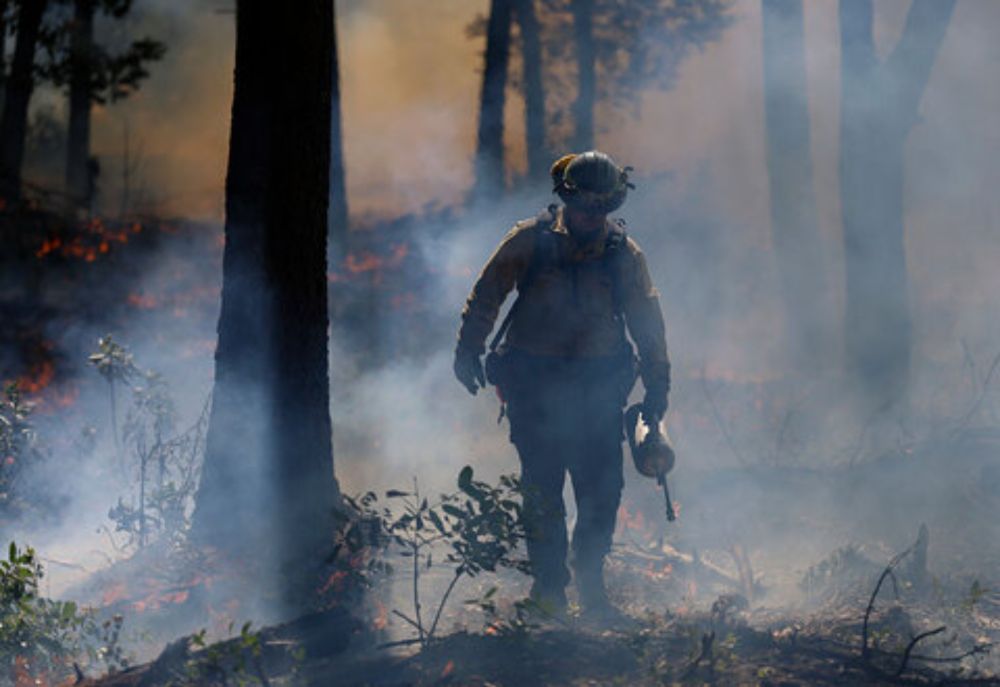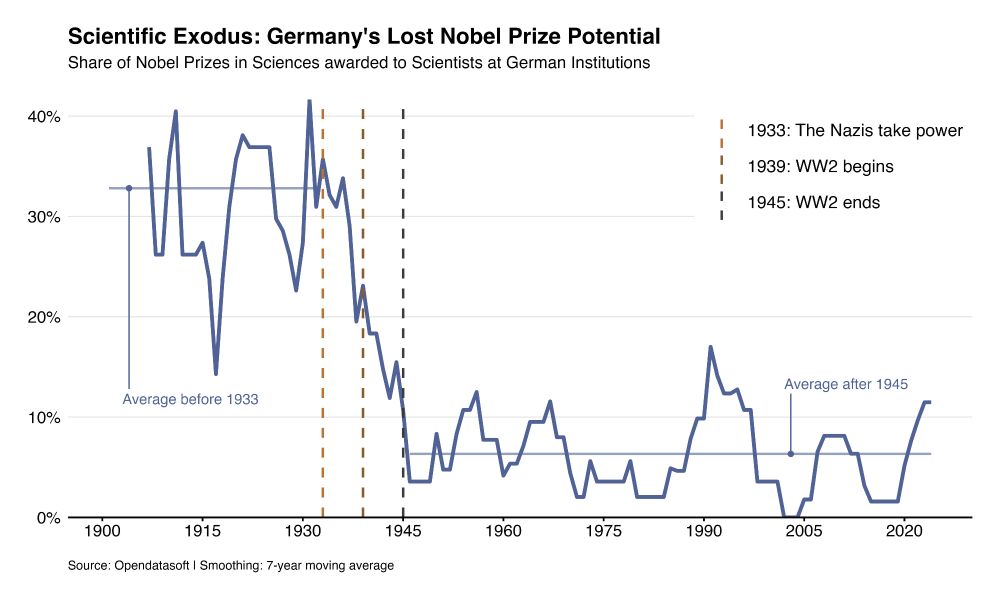

eartharxiv.org/repository/v...
eartharxiv.org/repository/v...
new from me @johnmuyskens.bsky.social and @sadbumblebee.buzz
www.washingtonpost.com/climate-envi...



Check out our new paper in Environmental Research: Climate to learn more!
iopscience.iop.org/article/10.1...
Check out our new paper in Environmental Research: Climate to learn more!
iopscience.iop.org/article/10.1...
www.stanfordecholab.com/blog/prescri...

www.stanfordecholab.com/blog/prescri...
How do I know? Because this morning, twelve of America's rising leaders in climate science (including myself) were furloughed.
How do I know? Because this morning, twelve of America's rising leaders in climate science (including myself) were furloughed.
More: seas.harvard.edu/news/2025/06...
@soa-mazing.bsky.social

More: seas.harvard.edu/news/2025/06...
@soa-mazing.bsky.social
Better-targeted land management in just 3.5% of Northern California could have cut wildfire smoke exposure by 17.6% in 2020.
Researchers have now built a smoke risk index to guide future decisions.
🔗 pubs.acs.org/doi/10.1021/...
#SciComm #Wildfires #AirQuality 🧪

Better-targeted land management in just 3.5% of Northern California could have cut wildfire smoke exposure by 17.6% in 2020.
Researchers have now built a smoke risk index to guide future decisions.
🔗 pubs.acs.org/doi/10.1021/...
#SciComm #Wildfires #AirQuality 🧪
Paper: doi.org/10.1021/acs....
(Additional links in comments)
Paper: doi.org/10.1021/acs....
(Additional links in comments)
“The smoke is a silent and far-reaching hazard, and prescribed fire may be one of the few tools that actually reduces total smoke exposure.” - senior fellow Marshall Burke
🔗 bit.ly/4nlf1v9

“The smoke is a silent and far-reaching hazard, and prescribed fire may be one of the few tools that actually reduces total smoke exposure.” - senior fellow Marshall Burke
🔗 bit.ly/4nlf1v9


Tool: experience.arcgis.com/experience/1...
Background story: news.climate.columbia.edu/2025/04/22/a...
Tool: experience.arcgis.com/experience/1...
Background story: news.climate.columbia.edu/2025/04/22/a...

eartharxiv.org/repository/v...

eartharxiv.org/repository/v...

Prescribed burning can reduce the severity and amount of smoke from wildfires that burn those areas later on, even when accounting for smoke from the prescribed burns themselves, according to new analysis of California’s record-breaking 2020 fire season from @soa-mazing.bsky.social etal. 🧪

Prescribed burning can reduce the severity and amount of smoke from wildfires that burn those areas later on, even when accounting for smoke from the prescribed burns themselves, according to new analysis of California’s record-breaking 2020 fire season from @soa-mazing.bsky.social etal. 🧪

go.bsky.app/GgmWgSo
go.bsky.app/GgmWgSo

